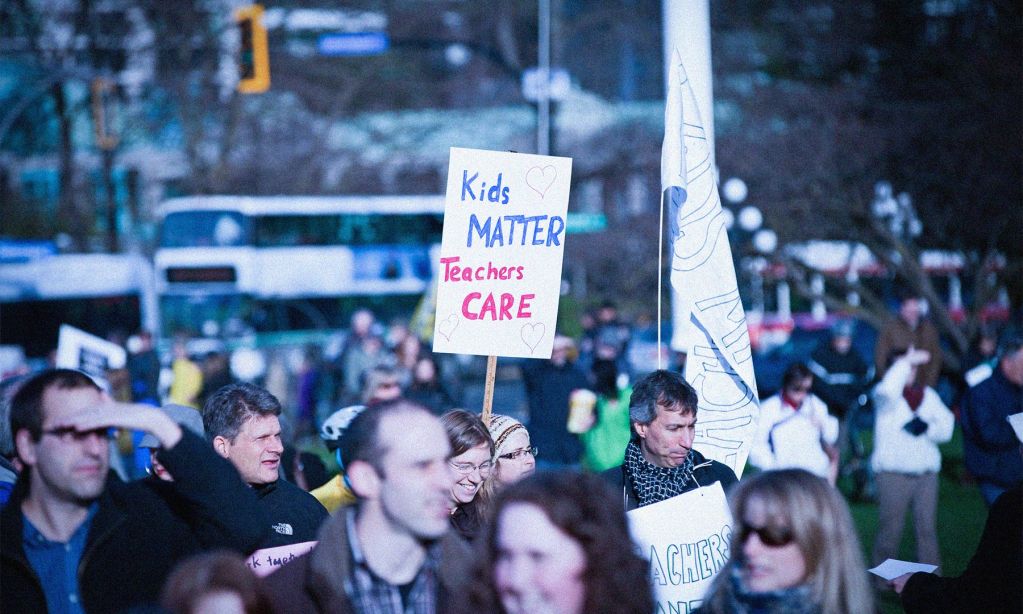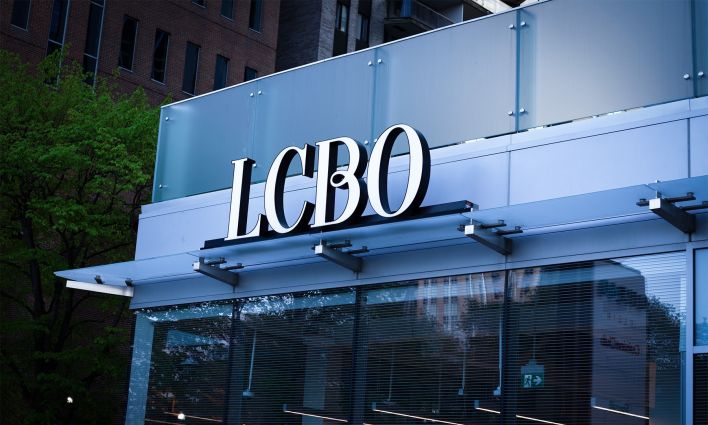Spring 2023 is likely to be remembered as the time when the 160,000 members of the Public Service Alliance of Canada (PSAC) went on strike after two years of negotiations with the Federal Government for a new collective agreement. With workers spread across the nation, the labour action, which halted tax season and passport applications, among many other services, caught the country’s attention. However, a solution was eventually found after almost two weeks of work stoppages, but in the meantime, one of Canada’s largest professions still finds itself at a bargaining crossroads, mostly out of the eye of the public.
Over 200,000 teachers in six Canadian provinces remain without an active collective agreement. Canada’s public education systems may be provincial and territorial, but together they form the most important foundation to this country’s national cohesion, identity, and to our democracy. It was teachers and education workers who through sheer will, dedication, and creativity kept schools going in whichever ways they could during the COVID-19 pandemic. Yet, apart from a minority of provincial governments who eventually recognized they needed to respond to rising inflation, Canada’s teachers are being asked to do more with less while earning less.
Teachers have arrived at this moment following a pandemic that saw them overworked, under resourced, and now, under compensated. But let us be clear, the challenges were building long before the world was thrown upside down by COVID-19. For years, a teacher shortage crisis loomed below the surface of shrinking education budgets. That crisis is now in full bloom and will not be reversed if governments continue dismantling publicly funded public education.
The dramatic consequence is that an already considerable teacher shortage is now becoming even more severe. Quality publicly funded public education is an investment into a country’s future and it depends upon qualified, skilled, and well-resourced teachers. Which is why we need to ask our politicians what kind of a future they want to leave Canadians. If we follow their current example, it is a future that is less equal, less just, and presents fewer opportunities to an increasing number of people.
We know from national polling that more than 90% of Canadians hold publicly funded public education as an essential pillar of society. That same polling tells us that only 29% have a positive view of their provincial education minister, the very people who are currently dragging their feet during contract talks with teachers despite sitting on hefty provincial budget surpluses.
From east to west, this theme repeats itself wherever one takes a closer look at ongoing talks between the teachers’ unions and the respective provincial governments.
Quality publicly funded public education is a bargain for every democratic society as it uplifts and provides future generations with a fair shot at achieving their full potential. It is beyond unfortunate that too many provincial governments are using it as a bargaining chip they are willing to lose. Teacher unions have historically safeguarded Canada’s publicly funded public education systems from cuts and privatization attempts. The attacks we see today may not be as blatant as wage capping, increasing class sizes or hiring freezes we have seen in the past. However, a failure to keep teachers’ salaries attractive enough to recruit and maintain staff in combination with the failure to address a pan-Canadian teacher shortage amid deteriorating working conditions may prove to be an even greater threat to Canada’s public schools.







